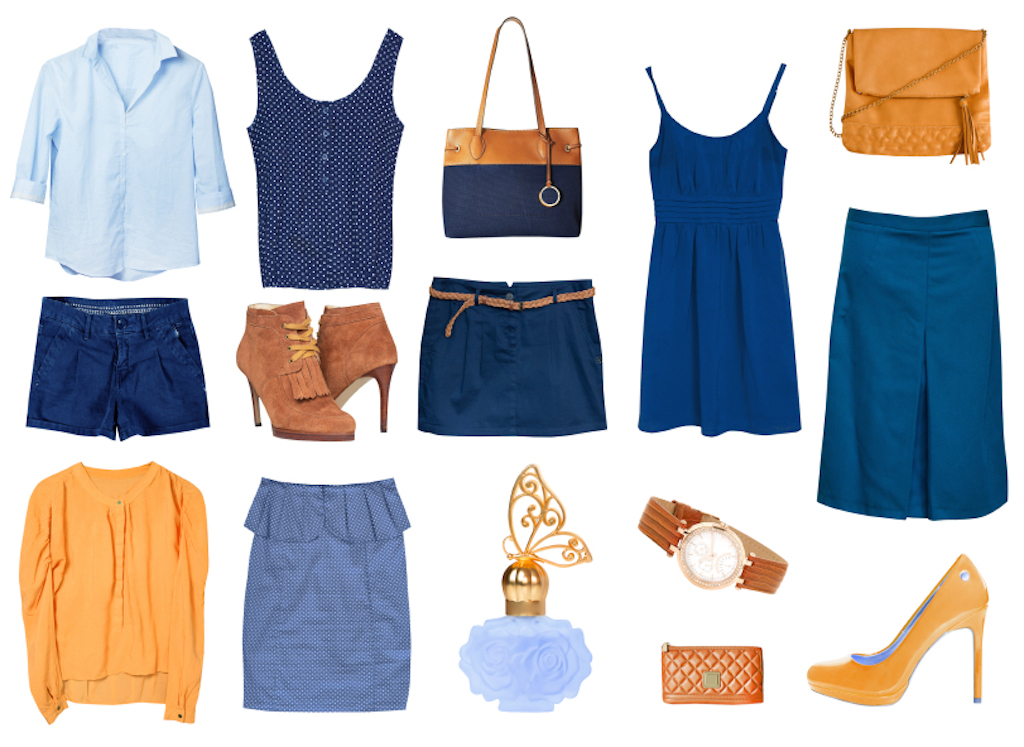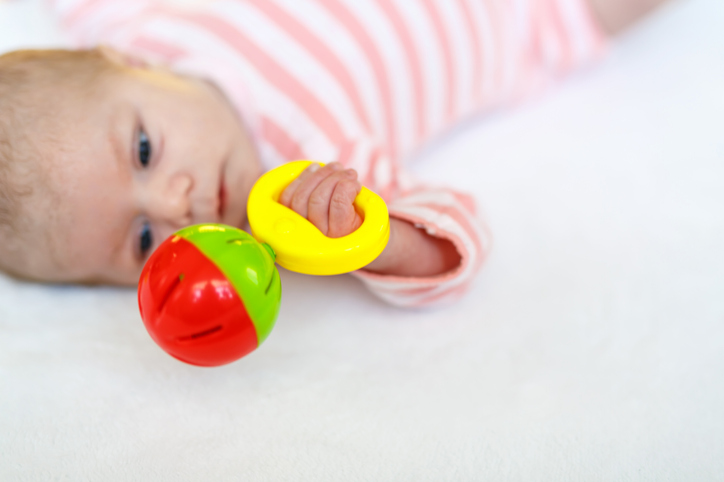wear
(verb, noun)
/wɛr/
 LISTEN
LISTEN


The clothes you wear can say a lot about you.
To wear means ‘to use a piece of clothing or an ornament on the body’ or ‘to have a facial expression.’ We also use it to talk about the style in which we have our hair or beards. Wear also means ‘to deteriorate through use,’ and when something wears well, that means that it is resistant and lasts a long time. As a noun, wear is the action of wearing clothes. Wear is also the damage shown by something that’s been used a lot.
Example sentences
- Some people like to wear skirts, but I prefer pants.
- Simon's face wore a look of disgust as he threw out the old hamburger from the refrigerator.
- Polly wears her hair short.
- The print in this old book is starting to wear; in some places you can hardly read what it says anymore!
- These shoes have worn really well; I've had them for five years and they still look almost new.
- Henry has had that coat for years, but there is still a lot of wear left in it.
- The sofa is showing signs of wear; perhaps it is time to get a new one!
Words often used with wear
wear down: (about an object) to erode from the top or bottom. Example: “The heels of these shoes have really worn down; I need to get them repaired.” (About a person) to persuade through persistence. Example: “The mother told the children they couldn’t have any candy, but they kept asking and finally wore her down.”
wear out: (about an object) used so much that it is no longer useful or functional. Example: “This carpet is worn out; we’ll have to get a new one.”
wear out: (about a person) to make very tired, or to use up all of a person’s energy. Example: “The long hike had worn the children out.”
wear off: disappear or stop having an effect. Example. “The patient woke up when the anesthetic wore off.”
wear thin: to become thin through use, often used to talk about clothes. Example: “His pants were old and had worn thin in the knees.” Wear thin can also be used figuratively about something that is running out, particularly patience. Example: “Helen had heard her daughter’s excuses too many times, and her patience was starting to wear thin.”
wear and tear: damage that is normal with use. Example: “The apartment is in good condition but it is 30 years old and so there are some signs of wear and tear.”
In pop culture
Watch the trailer for the 2006 movie The Devil Wears Prada here:
Did you know?
Sometimes wear can be used to talk about time, particularly with the adverbs on or away. When you say time is wearing on or away, that often means it seems to be going very slowly, and this can have a negative connotation. Example: “After his wife died, Tom struggled to find meaning in life, but the years continued to wear on.”
Other forms
wearer (noun), wearable (adjective)
Origin
Wear dates back to before the year 900, as the Old English verb werian (Middle English weren or werien), meaning ‘to clothe,’ ‘to put something on’ or ‘to cover up’ It can be traced back to the Proto-Germanic wasi(a)n– (to clothe) and the Proto-Indo-European root wes– (to clothe), and extended form of the root eu– (to dress). Wear is related to the Old Norse verja, the Old High German werian and the Gothic gawasjan (all meaning ‘to clothe’), as well as the Hittite washshush (garments) and washanzi (they dress), the Sanskrit vaste (he puts on) and vasanam (garment), the Greek esthes (clothing), hennymi (to clothe) and eima (garment), the Latin vestire (to clothe) and vestis (garment), the Albanian vesh (to dress up or clothe) and the Welsh gwisgo and Breton gwiska (to dress or clothe), as well as English words such as invest, travesty and vest. The meaning slowly expanded to include hair styles, ornaments by the 13th century, and figuratively to facial expressions in the late 15th century. The sense ‘gradually use up or damage’ first appeared in the late 13th century, and emerged from the idea of clothes slowly being used up from continuous use. The phrasal verb wear off was first used in the late 17th century, and to wear down dates back to the mid-19th century. The noun, meaning ‘the action of wearing clothes,’ dates back to the mid-15th century, and comes from the verb. The sense ‘what you wear’ was first used in the mid-16th century. The expression wear and tear has been around since the mid-17th century.
Word of the Day is released Monday through Friday.



